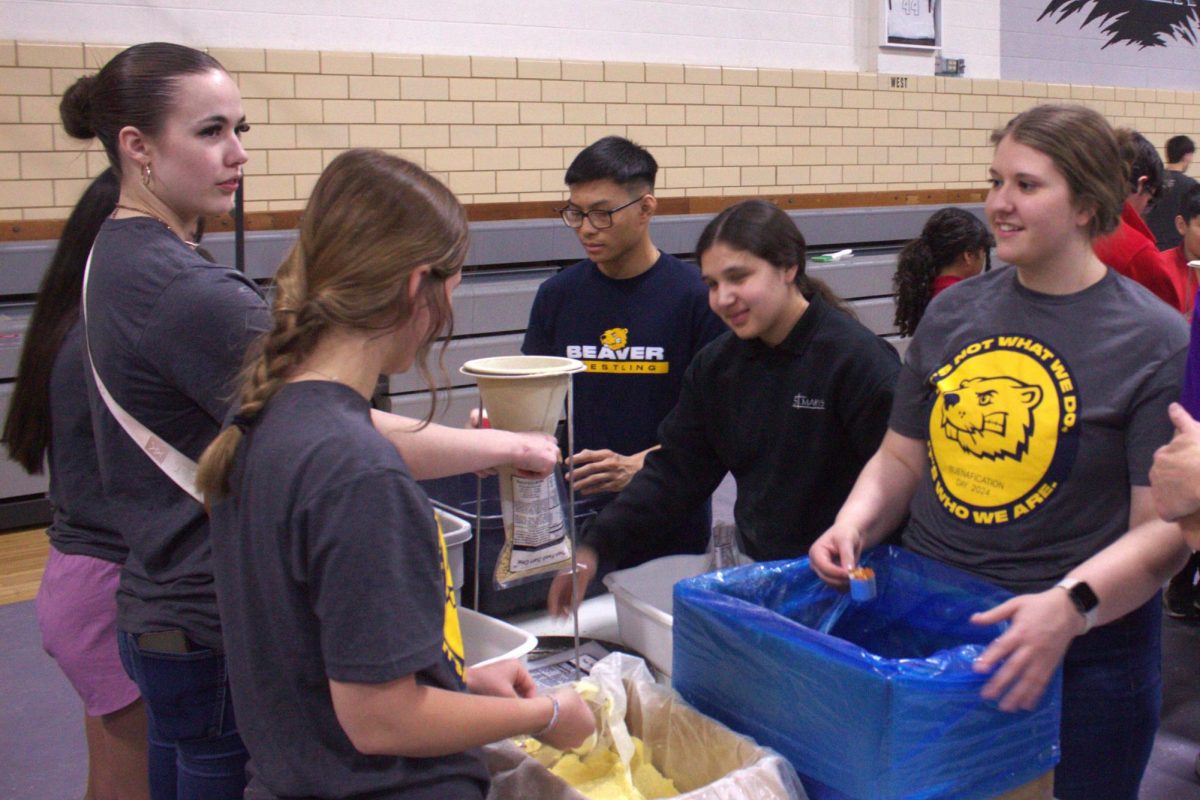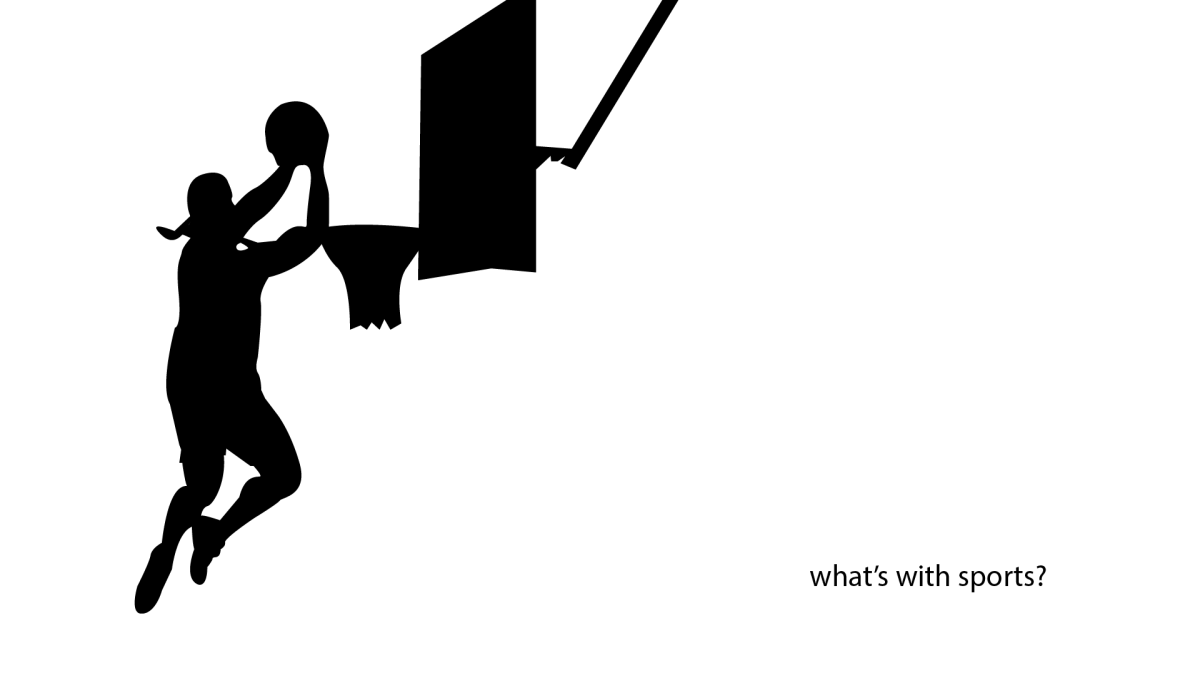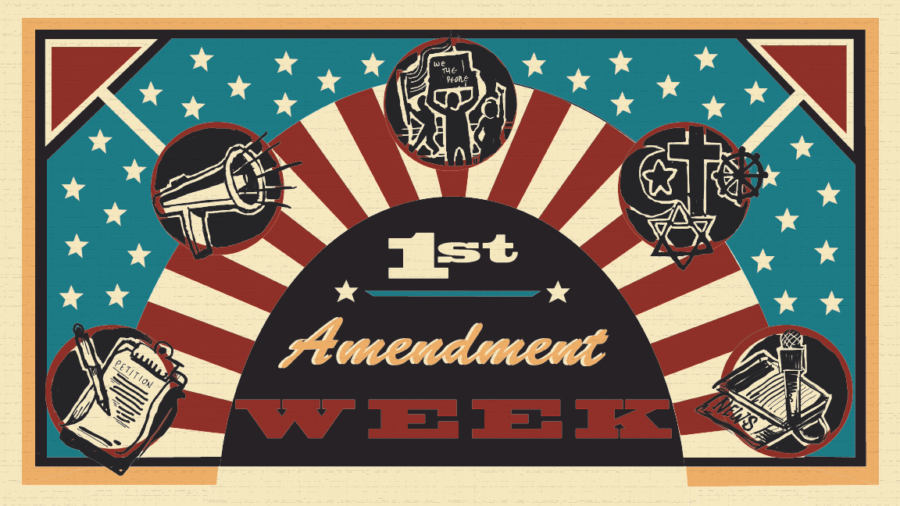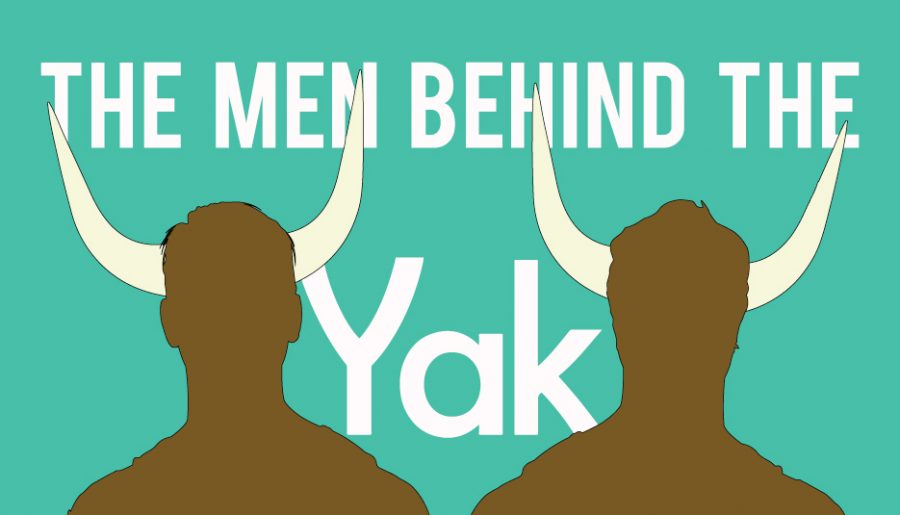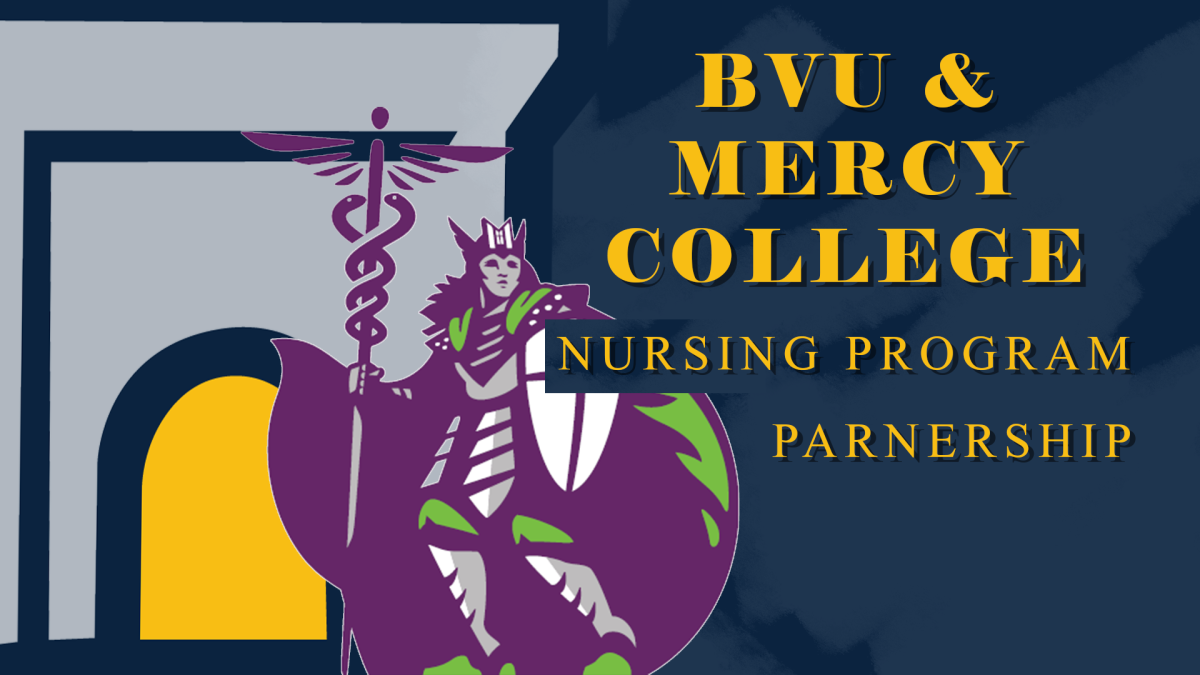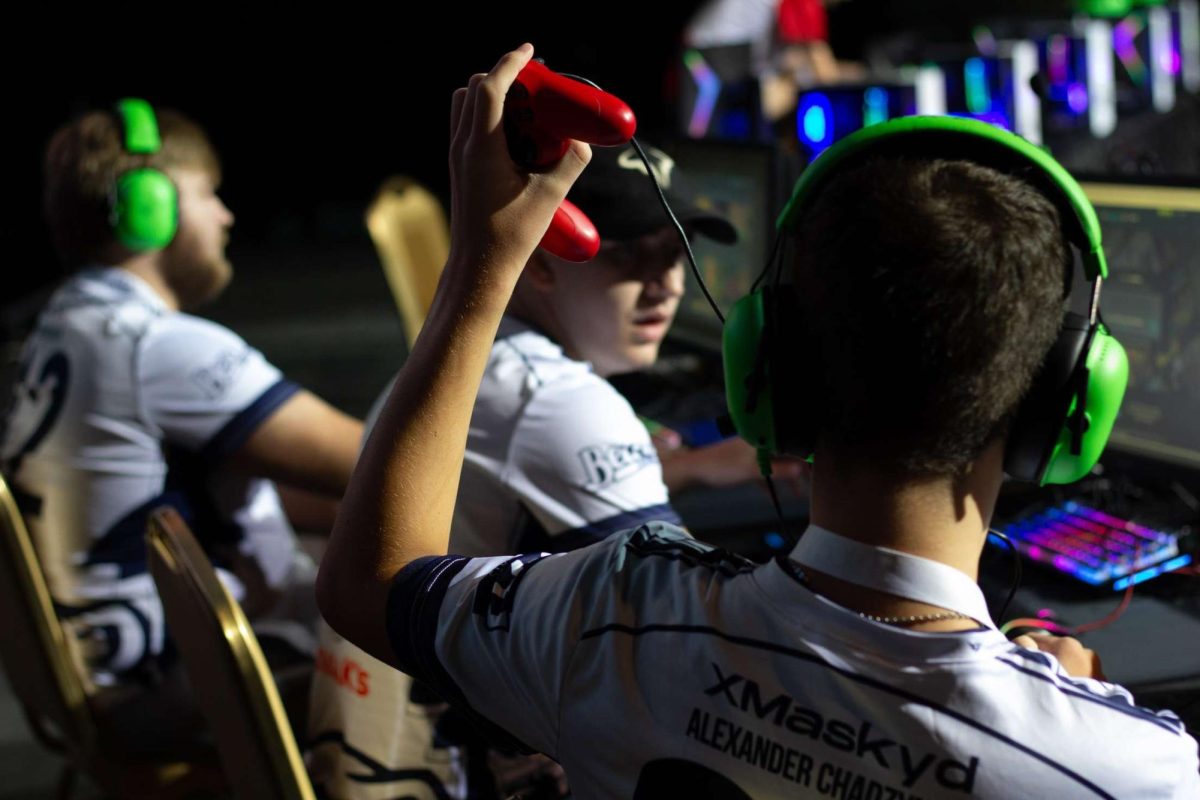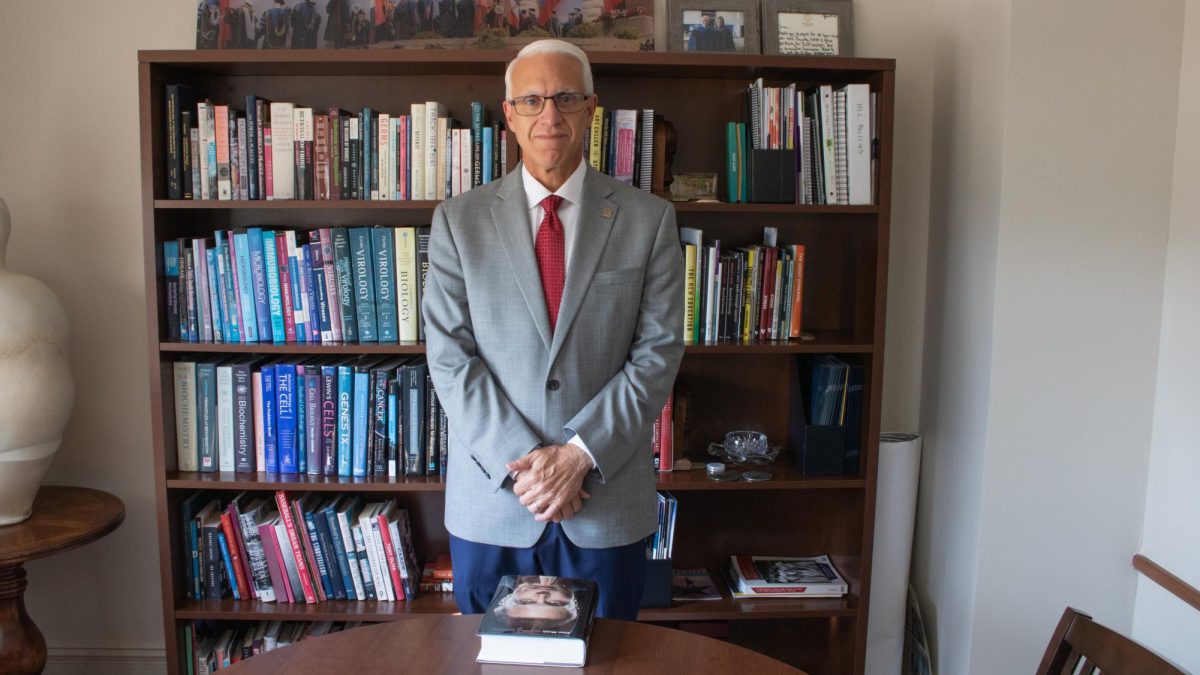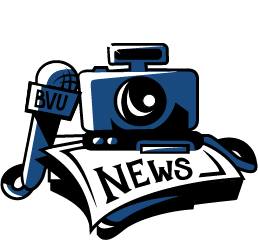Kiley Wellendorf | News Co-Editor
Six months ago, Yik Yak, an anonymous social media app, stormed the campus of Buena Vista University (BVU), placing masks over familiar faces that students recognized amongst its 1,000 student plus private-college. Students were encouraged to post freely, and while the immediate goal of anonymity was to bring students and student-led organizations together – BVU faced similar problems that a multitude of colleges around the country faced with its anonymity: bullying, harassment, sexual exploitation, and victimization.
Cam Mullen, Yik Yak’s Community Director, spoke about how this twist of popularity damages the perception of what the app is used for.
“What this highlights to me and what we focus on is just like how much a first impression you get can damage the experience,” Mullen said, “And for us that really sucks because we see Yik Yak used in a million different ways and as constructive and to bring the community together.”
Yik Yak, an app created by Furman University graduates, Brooks Buffington and Tyler Droll, was originally designed to bring those together who would normally never get the chance to talk. The app would not only get individuals from the same campus to talk, but also give those who lived a few miles away the same opportunity to talk. While the app was not successful at first, Mullen elaborates on the dips that Yik Yak took in order to become successful.
“When Yik Yak first came out, it was a very bare bones app; there wasn’t even up voting and down voting, and it was just comments and a bulletin board. When it started to take off, people were using at the University of South Carolina, and we realized that we could add a couple of these other features and pick the right one that the students loved,” Mullen said.
Picking up interests across the country, Yik Yak is made up of thirty-five workers who all fall under the same trait that its company looks for: grind. Mullen works on the community side, which includes both the Yik Yak product and community as a whole. The community side is essentially split into the following three branches: Marketing, Community Development, and Community Management.
“We have different a whole product team that is split up into a number of teams for Android, phone end, iPhone, back end, website, and quality assurance,” Mullen said, “And so your question is what do we look for: its people that work hard and love our product and that really want to make a difference.”
With success comes backlash, however, as workers have spent endless time adjusting the app and straightening out the kinks that have come with hosting an anonymous application for college students. One adjustment Yik Yak has currently taken on is the process of using anonymous images in the app submitted by “yakkers.” Mullen describes a unique story in which someone from a university snapped a photo of a golden retriever without a collar and was able to find the owner through Yik Yak.
“We’re trying to get the ability to put pictures in Yik Yak and one of our universities someone took a picture of a dog that they found. Someone immediately knew whose dog it was and got the dog back to the person,” Mullen said, “We were like, oh my gosh, losing your dog is one of the biggest fears as a child and for us to be able to help with that was very exciting.”
While promoting the app and its new features lays primarily in the hands of those who decide to ride the yak, Yik Yak has embarked on a 71-day-long tour touching base in 34 states and offering pit stops to 59 different universities. Some aspects of the tour include meeting Yik Yak’s mascot, riding the yak (mechanical Yak), Yik Yak Tent, experiencing the YaKarama Kart, and getting Yik Yak merchandise (“swag”). While this tour is used to help introduce college-students to the app and provide a helpful and fun first-impression, smaller schools such as BVU are left out of the touring mix.
“We go to places that are right down the road or are as close together as possible so it’s interesting because Buena Vista is a very small school so you might not think of it as a big NCAA school but it has the potential to have a strong community that supports each other that has inside jokes, discusses changes in school policies, or anything that can be going on,” Mullen said, “I think we haven’t really done much touring in Iowa so I think there is potential to make a visit in the near future. Hopefully we can find a way to better reach out to the smaller schools.”
While expanding its capacity and introducing the app to news users is important for the success of the application, fixing the damaged-reputation that Yik Yak inherited from its users who yakked violent threats or encouraged online-bullying is a task the entire team takes seriously.
“With any app or website you are going to have misusers or people that troll on YouTube comments, Instagram or Facebook comments, and you will always have people that are going to misuse the app,” Mullen said, “Our goal is to minimize or reduce that number as much as possible and so there are things we do to moderate the feed to make sure it is healthy.”
For Yik Yak users, if a user doesn’t agree with the yak – the user can down-vote the yak, which can lead to erasing the yak once it reaches -5 down-votes. If down-voting isn’t affective, users are also given the ability to report a yak, which will eventually be deleted after the specific yak is reported three times.
“Now in addition to that, we have tools at the Yik Yak headquarters that are looking through the yaks trying to find hot words associated with racism, bullying, and homophobia and other content that are cases of what we consider misuse and should be taken off,” Mullen said, “And we have a team of moderators who are working 24/7 which are removing posts that should be taken off that are reported or are approving ones to stay on the feed.”
Although Yik Yak has continued to improve as the app grows, Mullen is aware that users at BVU may be skeptical in bringing back the app that took off on campus last October.
“I think that it definitely takes time and Yik Yak is so young that it’s not going to be perfect right away and our tracking of misusers isn’t going to be 100%,” Mullen said, “But it is something that is getting proportionally better each month and we are excited to think that even a very small community like BV over time will continue to give it a chance and use it.”
Even though Yik Yak’s usage is alive on campus, it is up to the student body to decide whether or not they’re ready to get back on and ride the yak again.
Graphic by Justice Gage



